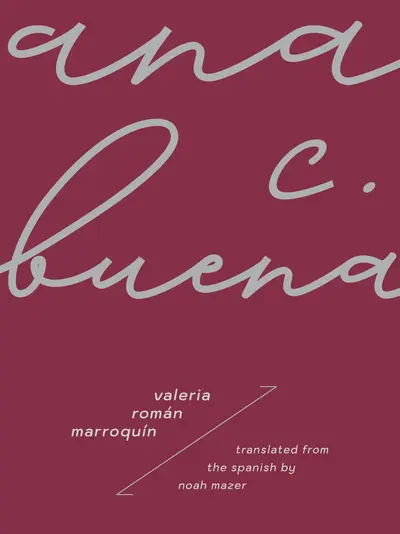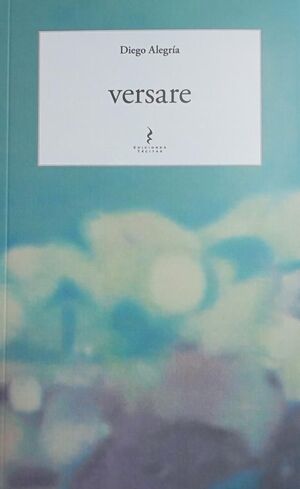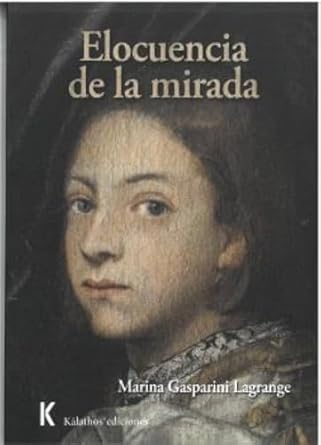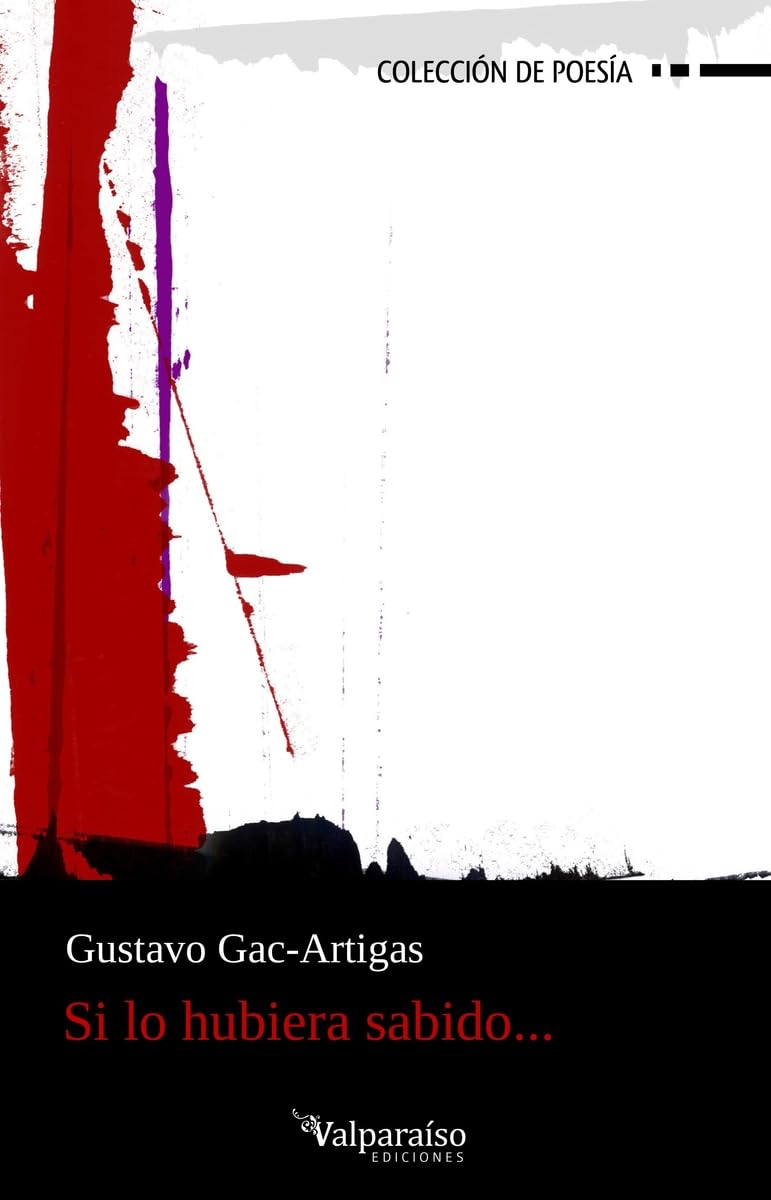Gainesville, Florida: La Pereza Ediciones. 2024. 240 pages.
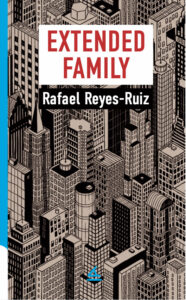 Rafael Reyes-Ruiz, a Colombian writer and anthropologist with expertise in transculturation, cultural encounters, transnationalization, and translation, is making his presence felt in both the Spanish and English literary spheres by crafting novels in both languages. In his first trilogy, “Roppongi Crossings,” comprising The Ruins, The Shape of Things, and The Samurai, the interplay of times and spaces intricately weaves tension and suspense as characters navigate the webs of identity, memory, history, and globalization. Pioneering unexplored territories with his fourth novel, The Inheritance, primarily unfolding in Dubai, Reyes-Ruiz delves into the elaborate fabric of humanity and identity enmeshed within social connections.
Rafael Reyes-Ruiz, a Colombian writer and anthropologist with expertise in transculturation, cultural encounters, transnationalization, and translation, is making his presence felt in both the Spanish and English literary spheres by crafting novels in both languages. In his first trilogy, “Roppongi Crossings,” comprising The Ruins, The Shape of Things, and The Samurai, the interplay of times and spaces intricately weaves tension and suspense as characters navigate the webs of identity, memory, history, and globalization. Pioneering unexplored territories with his fourth novel, The Inheritance, primarily unfolding in Dubai, Reyes-Ruiz delves into the elaborate fabric of humanity and identity enmeshed within social connections.
In Extended Family, narrated in first and third person, Reyes-Ruiz transports us to New York, where the presence of Colombia lingers in the background, shaped by the collective memories of Colombian migrants preserving their culture, traditions, and language. Francisco, a Colombian who immigrated to the United States with his parents at an early age and is now a Ph.D. anthropology student, takes center stage as the protagonist and narrator of this story. Determined to study Colombian communities in New York, Francisco’s research becomes personal when he learns that the person he knew as his grandfather is not his father’s biological father, and that this biological grandfather does not exist within the family’s memory. From this revelation, his family history and the search for his identity—or rather, the meaning of his identity—become the core of the plot.
In the streets of Manhattan and Queens in New York, with Colombia always present but at a distance, Reyes-Ruiz amplifies the complexity of bifurcated identities in an increasingly shrinking and intricate hyper-globalized world. Drawing from his experiences as a doctoral student in anthropology in New York and as a professor of Social Sciences and Humanities at Oberlin College, Ohio, and Zayed University, Dubai, he nuances the experiences, affections, and relationships of characters linked by their Latin American origin, migrant destiny, and encounters in transnational communities. True to his anthropological nature, Reyes-Ruiz weaves cultural productions into personal and collective memory. His appreciation for film, art, literature, music, and anecdotes forms small but crucial pieces of the puzzle that explores the universal question about the meaning of identity.
Reyes-Ruiz unravels the intricate nature of time and identities in motion through situations that are inevitably quotidian and subtly wondrous.
The narrative tension escalates when a bargueño, a piece of Spanish colonial furniture inherited by Francisco from his father, emerges as a pivotal element in the puzzle designed by Reyes-Ruiz. Time and geography expand as this seventeenth-century bargueño, adorned with Granada-style inlay, becomes a portal to a past entangled in darkness. The engravings on its drawers hint at a Jewish or perhaps Muslim history. However, to add layers of complexity, the very identity of this bargueño may be deceptive—a mere copy created by the hidden grandfather in family memory, Rafael Ruiz Gutierrez. For Francisco, unraveling the identity of this biological grandfather becomes a potential key to understanding his own identity and future. Hence, the quest for the identity of the bargueño intertwines seamlessly with Francisco’s search for his own identity. Fortunately, he is not alone in this quest.
Reyes-Ruiz skillfully places interpersonal relationships as a decisive element in moderating narrative tension. Given his father’s battle with dementia, Francisco avoids involving him in the investigation of his biological grandfather and the bargueño. From Bogotá, his aunt Astrid becomes his right-hand in this investigation through phone calls. Simultaneously, in New York, his partner, friends, and even a professor specializing in sixteenth-century Japan provide unwavering support and information. All these relationships around Francisco—whether in the present or the past, in Spanish or English, in person, by email, or by phone—are juxtaposed to create and nourish the essence of the protagonist. In this way, Reyes-Ruiz capitalizes on this transrelational plane to address migratory, bicultural, bilingual, and affective issues.
In Extended Family, Reyes-Ruiz reaffirms, with meticulous detail, his prowess as a storyteller. In this fifth installment of his oeuvre, questions about identity and its structures detach from a fixation on stability to embrace the possibilities of emptiness. The sense of identity emerges as a critical theme to be explored amid the constant and relentless transmutation of the world, time, and relationships. With dexterity in handling narrative tools and techniques, Reyes-Ruiz unravels the intricate nature of time and identities in motion through situations that are inevitably quotidian and subtly wondrous.

